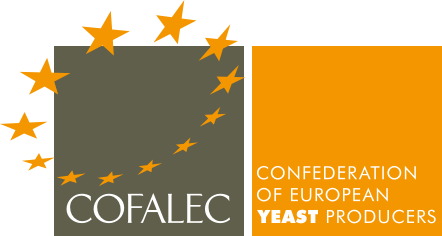Reducing our greenhouse gas (GHG) emissions is a major challenge for the planet. We need to accelerate the reduction of our dependence on fossil fuels. The European Union has set an ambitious roadmap to achieve carbon neutrality by 2050. COP 26 also determined a global target for reducing greenhouse gas emissions to keep warming below 2°C. In this context, advanced biofuels produced from the fermentation of waste and biomass residues are a major ally in decarbonizing transport, without competing with food resources. Some specialized yeast strains have the ability to break down raw materials such as lignocellulosic substrates into fermentable sugars using various chemical and/or enzymatic pre-treatment technologies, to produce bioethanol. When combined with petrol, advanced bioethanol reduces CO2 emissions and helps improve air quality, without threatening the food supply.
Yeasts are also used for the production of first generation bioethanol. They ferment sugars from sugar beets or cereal starch.
